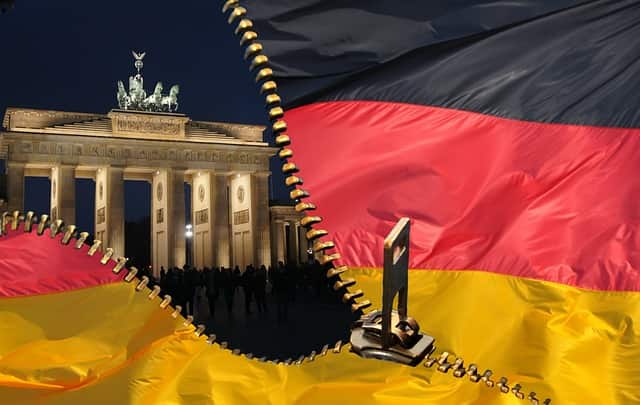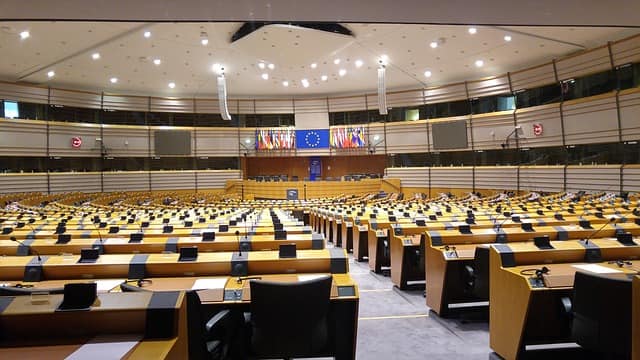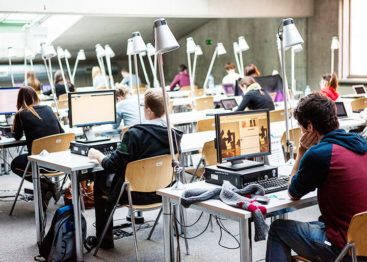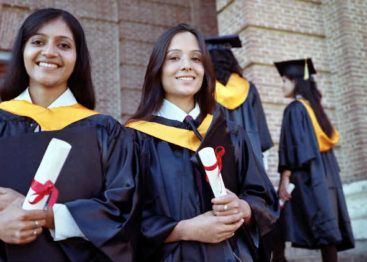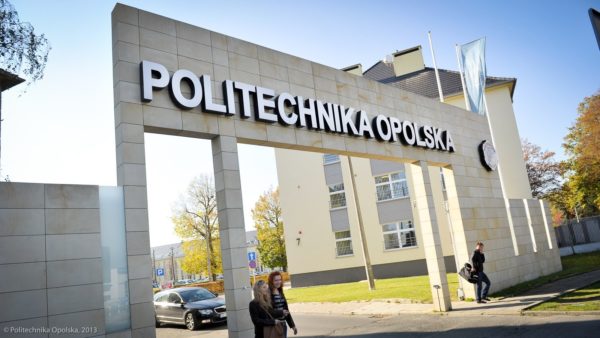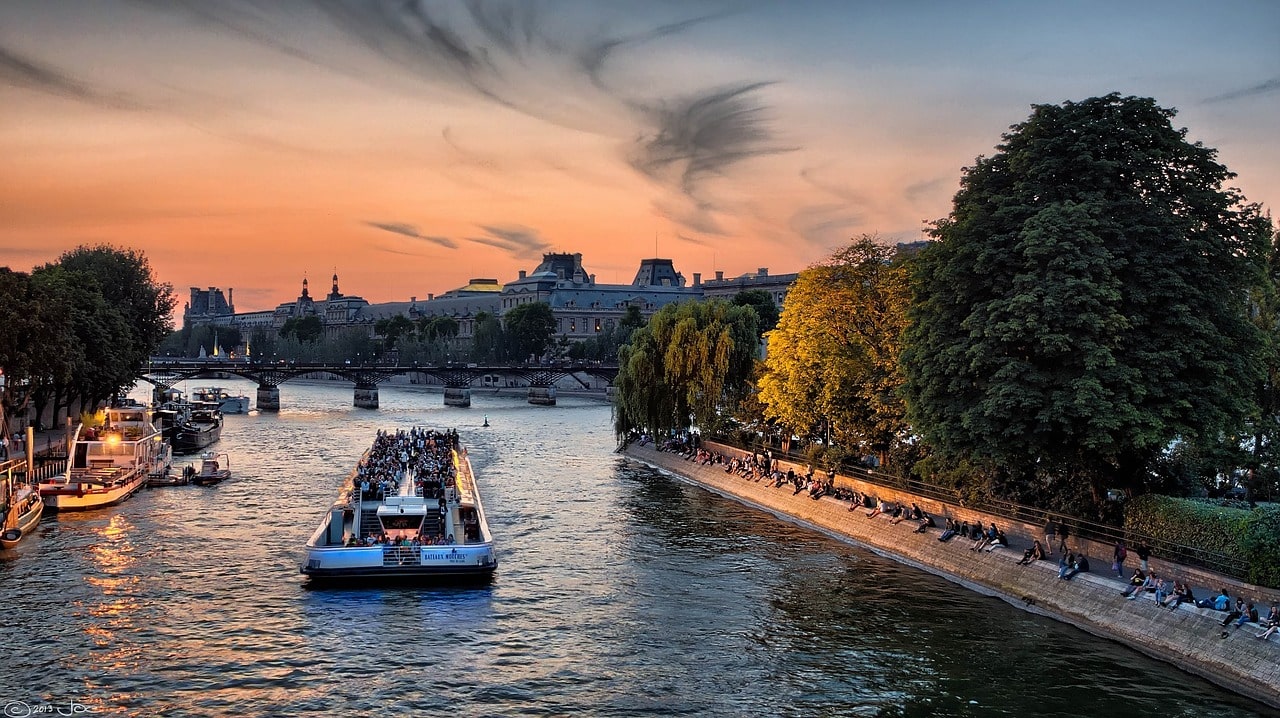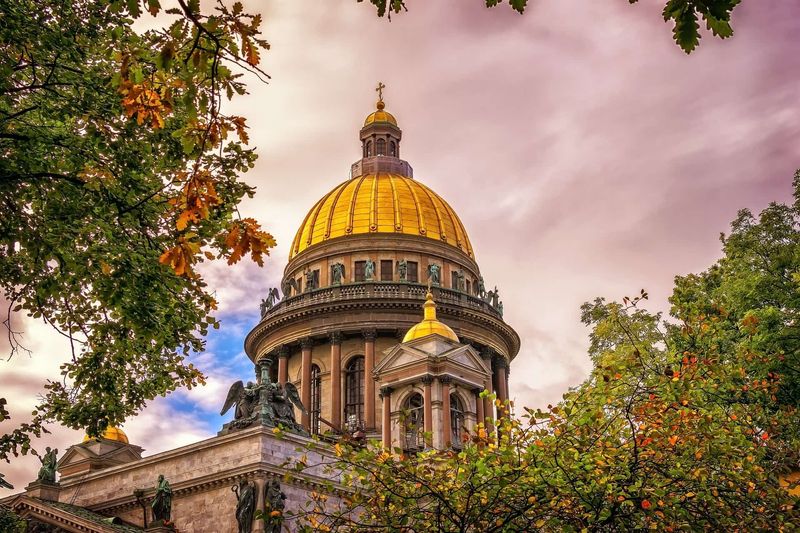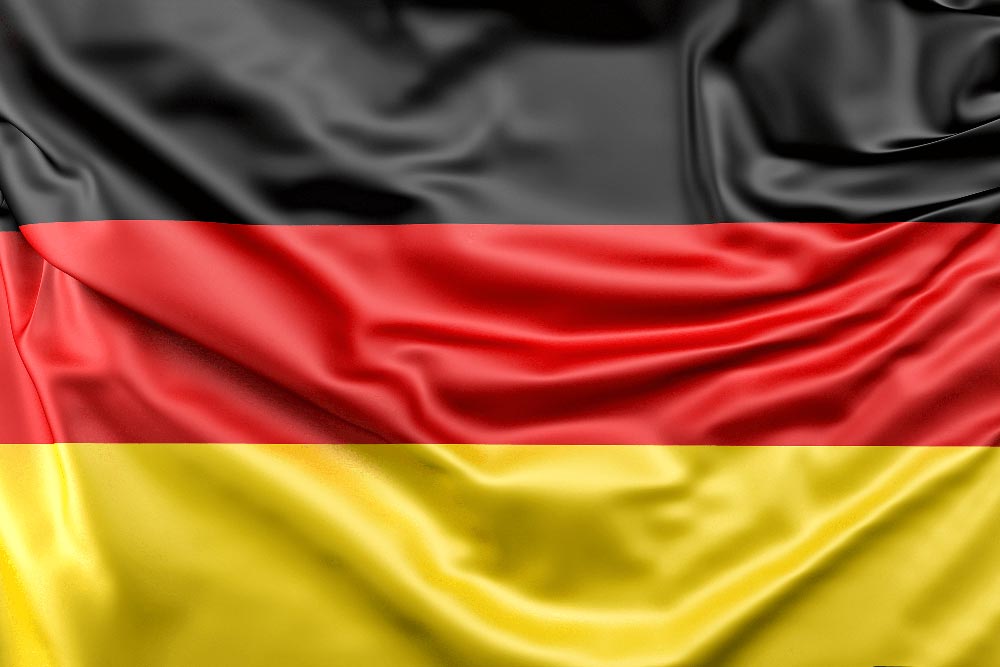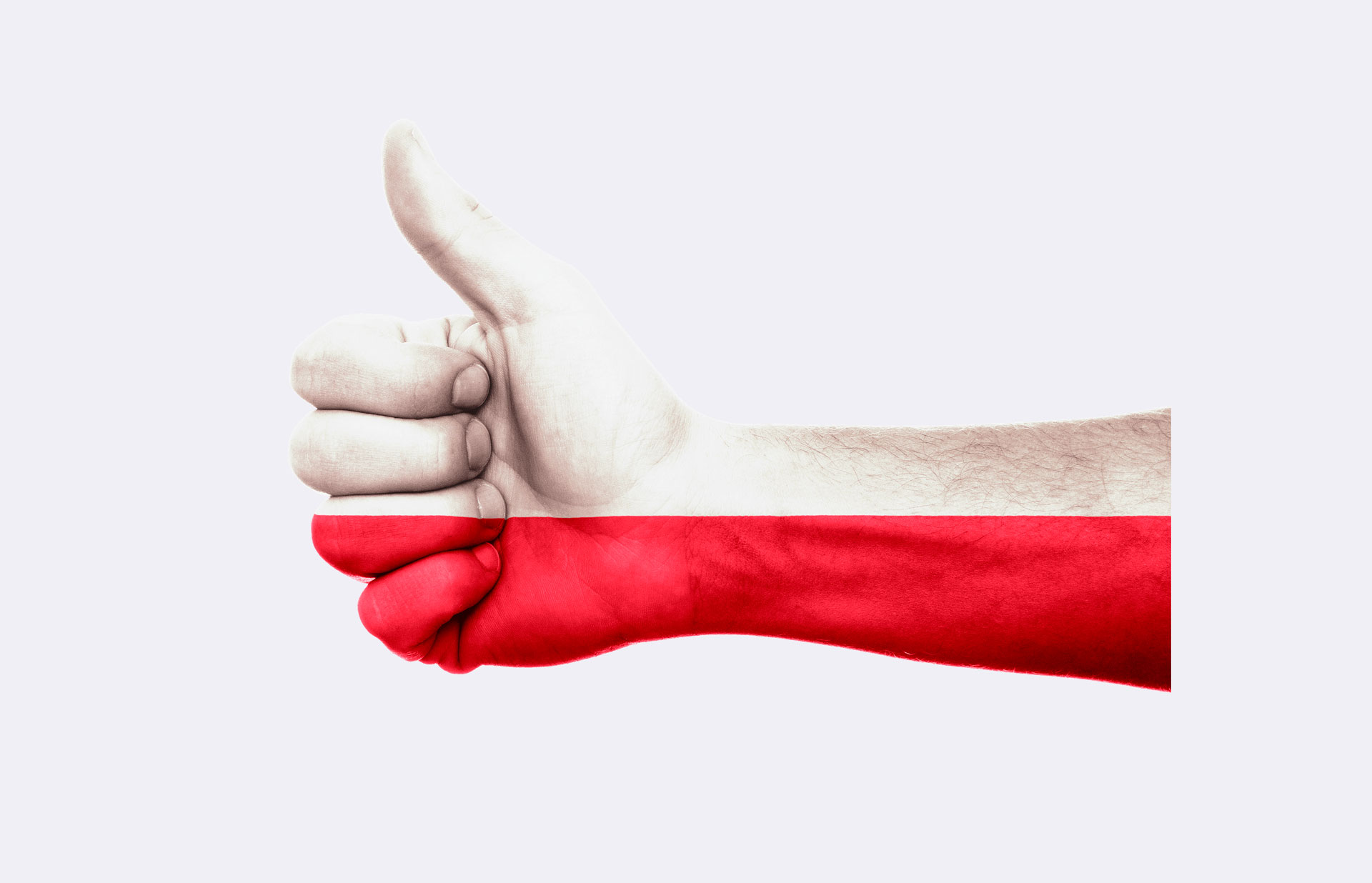- Higher education in Poland
- An educational system in Poland
- A preschool education
- A primary school
- A gymnasium
- A secondary school
- Higher educational institutions
- Advantages of education
- Duration of education
- An academic year
- Exams
- Scholarships
- Diplomas
- Scientific degrees
- Practice and internship
- A cost of education
- A residence
- A food
- Transport
Higher education in Poland
An educational system in Poland is one of the most attractive and affordable for young applicants and students. The reasons of this tendency are the affordability, optimal system of pricing, wide range of educational fields, the convenience of residence and others. Especially in recent years, the level of education in Poland has been strongly moving forward and this improving trend continues to this day. Not only the number of educational institutions and educational areas is increasing, but also the quality of providing knowledge.
Studying in Poland allows not only to get high-quality higher education of the European standard, but also to spend several years at universities of modern design or those that were built in the 14th century. The modern system of higher education in Poland has similar principles and schemes, as in other European countries. In addition, the government has enacted a law in which foreign students have the right to enter universities of Poland under the same conditions as local entrants. This decision was opportune and correct because the places of Poles who went to gain higher education in Europe were able to arrive no less capable and talented foreigners. The number of those who want to study at universities of Poland is growing yearly, therefore the government is interested in improving and simplifying the stay in the country for foreign students as much as possible.
So, foreign students have an excellent opportunity to study in Poland at universities with the Bologna system of education and raise the status of the country on the international level. For Ukrainian entrants, Polish universities are attractive because of their close distance and convenient transport connection. The cost of studying in Polish higher educational establishments is lower than in universities of the capital, and the quality is not worse.
Another fact in favor of studying in Poland is the lack of specialized training before admission. In order to become a student of Polish higher institution, it is enough to have a school leaving certificate (11 classes) and a wish to study. Only a few institutions put additional requirements, but for those who want to get higher education at the University of their dream in Poland, it will not be an obstacle.
Every year young people increasingly seek to get high-quality education and studying in Poland is a great option for the dream come true.
An educational system in Poland
The structure of education in Poland has the main stages:
- A preschool education;
- A basic secondary education
- A primary school;
- Secondary school;
- A gymnasium;
- A municipal school and others.
- Higher education.
Poles and foreigners have practically the same rights to education starting with kindergartens. That is, before reaching the age of 18 or until the end of high school, they have all the right to receive a quality education and care in state institutions on a free basis. Only need to pay for stay and care. The size of the surcharge depends on the locality and is determined by the local government.
For children of foreigners who do not speak the Polish language at the right level, there are additional free courses for studying. You can use this service during the first 12 months of your stay in Poland. There are also private and public educational institutions, where the cost of training and staying is much higher. But there also is a system of concessional places and free education through scholarships.
A preschool education (Przedszkole)
In Poland, parents have the opportunity to choose: to give a child from 3 years of age to preschool educational institutions, or to bring their children up by themselves. In addition, there are nurseries for children from 1 to 3 years old, as well as specialized mini-nurseries with qualified babysitters. For children aged from 1.5 to 3 years operates the Club of the kid – a kind of preparation for kindergarten.
Children from 3 to 6 years of age have the right to attend public and private pre-school educational institutions. Mandatory is only the last year of preparation for a school or “zero-number”, which should be visited by all children without exception.
In order to get to the state kindergarten, you need to pass an electronic registration, but for this, you need to have a PESEL number. For foreigners, it is provided to fill out an application for a queue to a garden directly in a preschool institution. The conditions for entering the garden for foreigners and Poles are the same.
You can also use the services of a private kindergarten. If the child is there for more than 5 hours during the day, you need to pay 8 PLN per day for the meal. Also, for additional hours of stay, the payment is from 1 to 3 PLN per hour. Thus, visiting a private garden per month costs 300-400 PLN. The cost is different depending on the region and the locality.
A primary school (Szkoła podstawowa)
Primary education in Poland consists of two stages:
- Grade 1-3: integrated learning for schoolchildren, where all lessons are held by one teacher. Only foreign language lessons, physical education, and music may be held by other teachers.
- Grade 4-6: classes are held by teachers who have certain training profiles. Students have 8 different subjects. Each class has a head teacher. After completing elementary school, students have to pass the test.
Gymnasium (Gimnazjum)
The duration of the study at the gymnasium is 3 years. In this period, students study general disciplines. At the end of the training, you also need to complete a test, which consists of three parts: natural and mathematical, humanitarian, and linguistic. Only after successful examinations, a student has the right to enroll in secondary school.
Secondary school (Szkoła ponadgimnazjalne)
Duration of training differs depending on the type of educational institution, so, studying in lyceum of general purpose, as well as in profile lyceum is 3 years. The duration of the study at the technical school is 4 years. In a vocational school, you need to study 2-3 years. After graduation, you also need to pass the exam – certificate of maturity (Matura). This exam is made up of graduates of lyceums, technical schools, colleges and, based on their results, they can enter Polish universities.
Higher educational institutions (Szkoły Wyższe)
The system of higher education in Poland has only a small difference from the Ukrainian one. As it is known, Poland joined the Bologna process in 1999, according to which the higher education takes place in stages. To obtain a complete higher education, you have to study at least 5 years. The Polish system of higher education is divided into three levels:
- 1. Bachelor (BA, licencjat), duration of studies 3 years (6 semesters); Bachelor of Engineering (BSc, Inzyneir), the duration of studies is 3.5 years (7 semesters);
- 2. Master (MA, Magister) with a duration of study 2 years (4 semesters) or 1,5 years (3 semesters);
- Doctor (PhD, Doctor).
There is also an indivisible magistracy, the duration of education is 5 years or 10 semesters.
Differences between the Polish and Ukrainian educational systems
Despite the fact that Ukraine and Poland are neighboring states, the differences between educational processes are significant. They are especially felt for students who came from Ukraine with a bachelor’s degree to receive a master’s degree in Poland.
- In contrast to Ukraine, the academic year in Poland begins on October 1. An additional month of vacation allows better preparing for a new school year, relaxing, or earning money for further study.
- The session consists of lectures. Students give their seminars before the session period. Mostly during this period, students make tests in writing. Oral assessment is very rare.
- The only and common electronic system in which every Polish student has his own account. This system contains all the information about the teaching disciplines, the names and the names of the teachers, the schedule, the assessments, the contacts of the groupmates and many other useful information.
- Each student chooses disciplines to study. The dean’s office only defines a list of “mandatory courses” – which can not be changed. The discipline “to choose” also offers the dean’s office, but what exactly to attend – the student chooses independently.
- Teachers at the beginning of each course report to students how many hours they can miss. They also provide their contacts so students can contact them in a convenient time.
- Students begin to write scientific work from the first year. The student should choose a mentor who will advise throughout the writing process. This work has to be protected at the end of education.
- There are small holidays on Christmas and Easter all over the country so everyone has the opportunity to celebrate with family.
Advantages of education
Studying in Poland for foreigners has many advantages:
- Ability to obtain a diploma of European standard;
- Getting good knowledge at an affordable price;
- Active position of the Polish government to improve the residence of foreigners while studying in Poland;
- Territorial proximity of Poland to students from post-Soviet countries;
- The culture and mentality of our peoples are not very different so the adjustment of foreign students will be faster and easier.;
- The Polish language is easy to learn and very similar to Ukrainian and Russian;
- Poland is one of the few countries with the optimal prices for studying and living.
That is why our students will not feel “strangers” in Poland, and the adaptation period will be quick and easy. In addition, the number of Ukrainian students in Polish higher educational institutions is increasing year by year, as well as the number of those, who stay here for work. All these factors have a very good effect on the speed of adaptation and the period of study and residence, which makes Poland more attractive to Ukrainian entrants.
Duration of education
The period of study in Polish higher educational institutions depends on the chosen specialty and degree. Thus, the duration of studies for a bachelor of humanitarian disciplines lasts 3 years or 6 semesters, for a bachelor of technical disciplines – for a half year longer or 7-8 semesters. The term of study at the magistracy, regardless of specialty, lasts 1,5-2 years or 3-4 semesters. The only exceptions are medical specialties, psychology, and law, where an indivisible magistracy lasts 5 years or 10 semesters. The period of postgraduate education is 1-1,5 years or 1-2 semester.
An educational year
The duration of the academic year is a little different from the Ukrainian one. The whole period of study is divided into two semesters: autumn-winter and spring-summer. From year to year, periods of study and vacations practically do not change, therefore we offer to familiarize with basic dates:
- Starting from October 1st lasts until December 20th;
- Christmas holidays from December 21 to January 2;
- Continuation of the first semester of education from 3 to 20 January;
- Session from January 21 to February 5;
- The winter vacation period usually lasts from February 6th to February 15th;
- During the period from February 16 to 28, Polish students have the opportunity to take or retake a winter session;
- The second semester begins on March 1 and lasts until Easter holidays;
- Easter holidays, according to the calendar, can be from the end of March to the end of April and last 5-7 days;
- The education lasts until June 5th;
- The summer session lasts from 6 to 25 June;
- From 26 June to 1 October – summer holidays;
- In the period from 1 to 15 October, students have the opportunity to take or retake the summer session.
Exams
All students, without exception, have to pass exams at the end of each semester. Mostly in the universities of Poland, such tests are conducted in writing, much less often in oral form. The number of exams depends on the number of subjects studied for the semester. Students’ intellectual abilities are evaluated according to the standard system, where “2” is unsatisfactory, and “5” is excellent.
A scholarship
Another advantage of studying in Poland is that practically every state educational institution has its scholarship programs. In addition, at each university, they can be several different at once. Most scholarship programs and grants have popular universities, and their number can be as high as 25. Thus, almost all students have the opportunity to receive a variety of additional payments while studying in Poland.
Scholarships can be awarded for high academic achievement, excellent sporting results, in the form of assistance to living and in accordance with the law on social benefits.
More detailed information on the conditions for obtaining grants can be found on our website in the section “Grants”, as well as representatives of the selected higher education institution.
Diplomas
Every student in the Polish university who has passed the exams receives a European diploma, recognized in all countries.
Scientific degrees
After graduation from Polish universities, graduates have the opportunity to obtain the following academic degrees:
- BA, licencjat – Bachelor. Assigned to graduates from universities and colleges after studying for 3.5 years;
- BSc, inzynier – Bachelor. Assigned to graduates of technical, economic and agricultural fields, who studied in college or university for 3.5-4 years;
- MA, MSc, magister – Master. The degree available to doctors, dentists, veterinarians, art historians and architectors who have been studying at an institution of higher education for 5 or 6 years. Bachelors can also become holders of a Master’s degree after an additional 2-2.5 year training period;
- PhD, doktor – Doctor of Science. Assigned to scientists who defended the dissertation and successfully completed the testing in the chosen specialty. To apply for doctoral studies you must necessarily receive a master’s degree.
A practice and internship
The main difference between the European system of education and the domestic one is that abroad the focus is on practical classes. That is why, during the educational process at the universities of Poland, first of all, attention is drawn to obtaining practical knowledge, through practical exercises to acquire very practical skills. And this applies to all specialties without exception. In addition, thanks to the active cooperation of Polish higher education institutions with a number of European universities, students have the opportunity to practice and study in different European countries.
Practical classes are an integral part of the educational process and are carried out both during training and on holidays.
A cost of education
What about the prices for studying in Poland, the cost of acquiring higher education in this European country is affordable. On average, in Poland you need to pay:
- From 800 EUR per year for education at a private university;
- From 2000 EUR per year for education at a private university;
- For foreigners, enrollment on a competitive basis is free of charge;
- Education for those who have a Pole card is free.
In addition, for the full organization of the educational process, it is necessary to cover the following costs:
- A mandatory condition for opening a visa is the availability of an insurance policy. It costs about 30 EUR per year in Poland for health insurance.
- Consular fee of 18.5 EUR (fixed amount).
- The cost of meals, residence, and travel is about 300 EUR per month.
Tuition fees may take place in a year or per semester. There is also a one-time entrance fee for all students, the size of which is 350 EUR. This contribution allows students to provide everything they need, from the office to the uniform.
A residence
Practically all Polish public and private institutions are able to provide their students with good dormitories. You can also rent a dwelling or a separate room. The size of the rent ranges from 400 to 750 PLN.
It is worth noting that there are both private and standard dormitories for students in Poland. Each student can independently choose where to live.
Private universities and colleges do not always have the opportunity to host their students in privatized dormitories. In such situations, students are placed in apartments or private dormitories. The cost of living on average is from 450 to 800 PLN per month.
There is also a possibility to rent an apartment. But in this case, apart from rent, it is necessary to pay for utilities, which are expensive in Poland. Thus, the cost of housing for one person varies from 500 to 1,500 PLN per month – depending on the city and living conditions. On average, students in Poland spend on rent from 600 to 800 PLN per month.
A food
Polish students buy food at their own expense. Every university and college has dining rooms where the cost of food is usually lower. For example, a complex lunch in a student’s dining room costs from 12 to 15 PLN.
You can also buy food in supermarkets and stores that are plentiful in Poland. The most attractive in terms of “price-quality” are Biedronka, Carefur, TESCO, the prices of which are most attractive and affordable to students. For a meal, a month is spent on average from 110 to 160 EUR per month.
Compare prices from a base food basket in Polish stores:
- The cheapest are yogurt, potatoes, carrots – 1.5 PLN;
- For milk, a vegetable set for the preparation of the first dishes, juices, and bread, pasta and apples you should pay from 2 to 2.5 PLN;
- Oil and rice (4 servings) cost an average of 3 PLN;
- Sugar, sunflower oil (1 liter), tea (50 bags) – from 4 to 5 PLN;
- Canned food costs from 1 to 5 PLN;
- Sausage and coffee (500 grams) – from 11 to 17 PLN;
- The most expensive cheese – 17 PLN;
- Chicken, pork and veal – from 15 to 25 PLN.
We also offer you to check prices for food at the cafe. On average, per day for food in such places, you will have to spend no more than 10 EUR or 40 PLN.
So, breakfast and dinner cost from 8 to 12 PLN, lunch – from 12 to 15 PLN.
Transport
Public transport is the most widespread among students in Poland. In cities, you can take a bus, tram, and even metro. The transport moves clearly according to the schedule, the timetable can be found at each stop.
The cost is paid by buying a ticket in any kiosk or bus. As soon as the passenger enters the bus, he must check the ticket.
There are several types of tickets:
- Short-term (30 minutes);
- For a day;
- One-time;
- Multi-time and others.
There is also a special category of tickets for students, which cost almost two times cheaply. When you buy a travel ticket you can show a student ticket, and pay for the subscription only half of the price.
It is also worth noting that in different cities the cost of a ticket is different. For example, in Lublin, the ticket price is 2,4 PLN, and in Warsaw in two times more.
In Poland, there is a handy phone application that helps track the transit of public transport, especially convenient for those who do not know the city. This application is http://jakdojade.pl/.
For students, it is possible to buy a monthly or a half-year ticket for free travel in various types of urban transport, using the student’s ticket. The price of a thirty-day subscription to an unlimited number of trips is 50 PLN. Students can buy this subscription at every stop using special machines.
Find out the truth about UK higher education.


 kudapostupat
kudapostupat












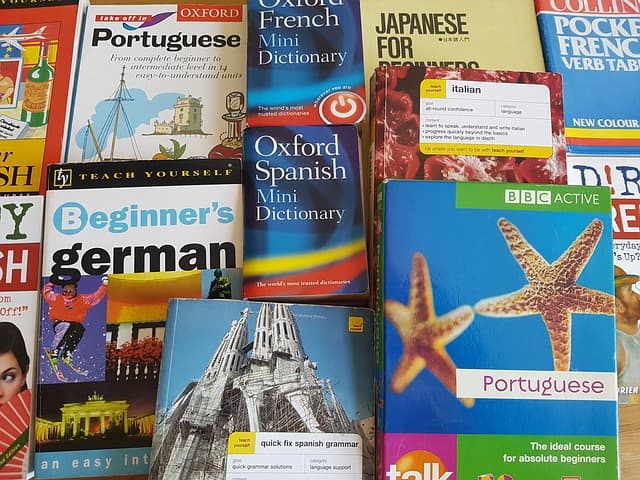


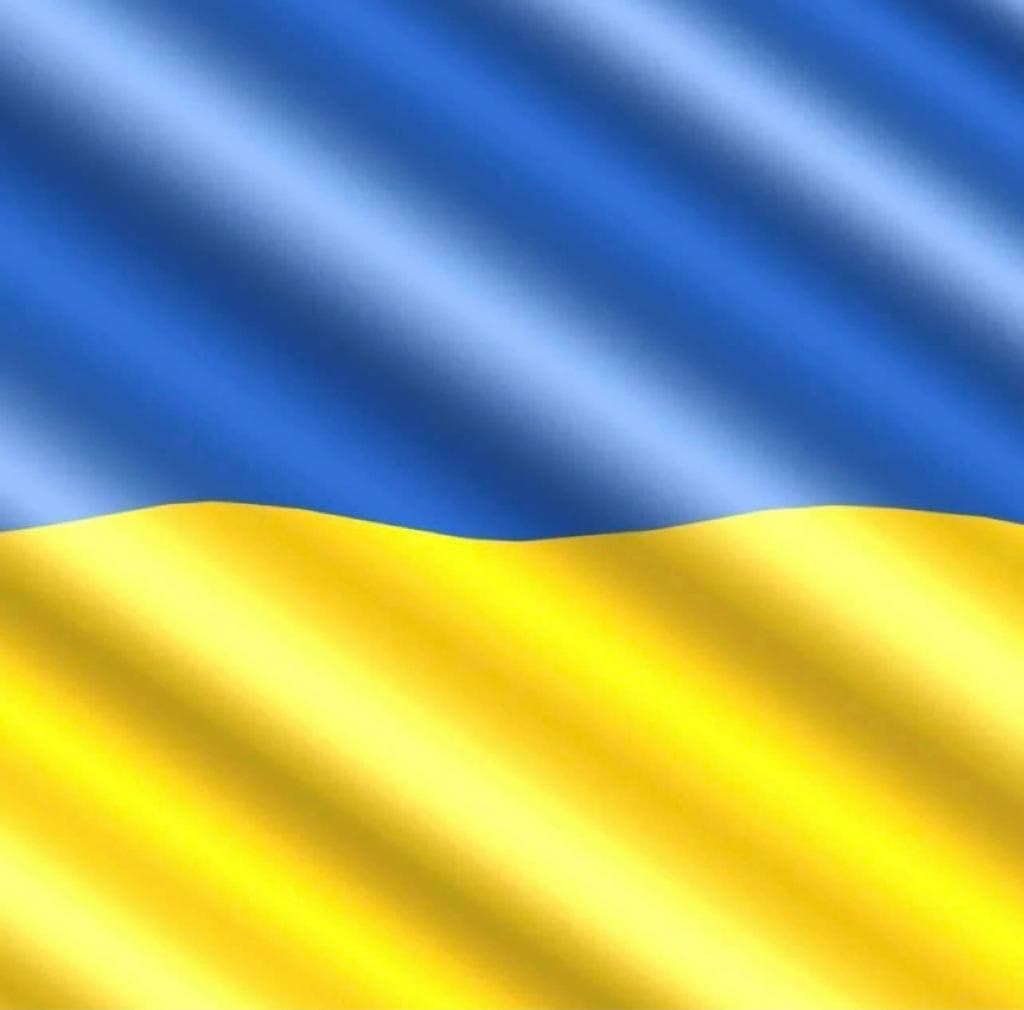


 179564
179564 
